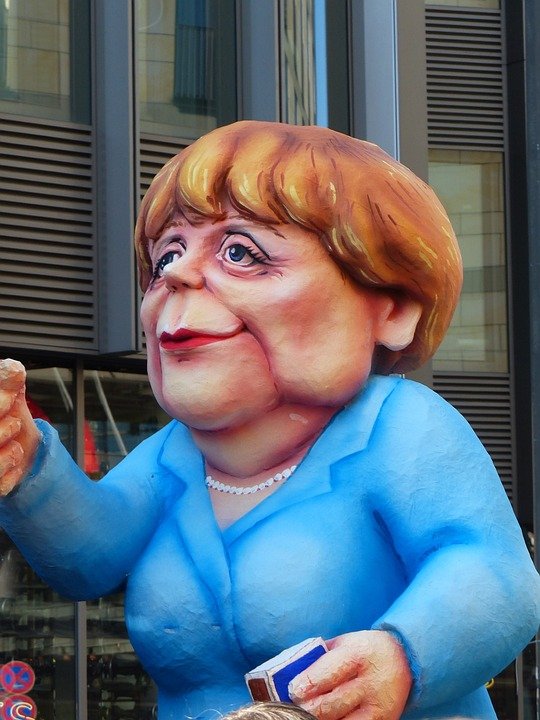Candidates Go Head-to-Head: Analyzing the Most Controversial Topics
As election season heats up around the world, candidates are preparing to engage in a series of debates that will shape public dialogue and influence the electorate. While political debates often serve as forums for candidates to present their policies and vision, they frequently turn into battles over controversial topics that reveal stark differences in ideology and approach. Insight into these topics not only helps voters make informed decisions but also sheds light on the deeper divisions within society.
The Hot-Button Issues
- Healthcare
Healthcare remains one of the most polarizing issues in contemporary politics. Candidates often differ significantly on how to approach this issue, with some advocating for universal healthcare systems, while others emphasize a market-driven approach. In debates, candidates might clash over topics like the Affordable Care Act, prescription drug prices, and the role of government in healthcare delivery. Those supporting universal healthcare tend to argue that access to medical services is a human right, while opponents may highlight concerns about increased taxes, government bureaucracy, and potential declines in quality and innovation.
- Climate Change
As climate change continues to escalate, it has become a central issue for many candidates. While some aggressively advocate for renewable energy and stringent regulations on emissions, others question the economic impact of such policies. In head-to-head debates, candidates engage in passionate discussions about the validity of climate science, the role of fossil fuels, and the feasibility of green initiatives. The divide often reflects broader philosophical differences about the intersection of environmental responsibility and economic growth.
- Immigration Reform
Immigration remains another contentious topic, with candidates often divided on how to reform existing policies. Some may push for pathways to citizenship for undocumented immigrants and protections for asylum seekers, while others may prioritize border security and reducing the number of immigrants allowed. Debates typically reveal fundamental differences in how candidates view national identity, security, and humanitarian responsibilities, leading to emotionally charged exchanges on stage.
- Gun Control
The issue of gun control continues to divide candidates and their supporters. With mass shootings becoming tragically more common, calls for stricter gun laws have intensified. Candidates in favor of increased regulations argue that measures such as universal background checks and assault weapon bans are necessary for public safety. Conversely, those who prioritize the Second Amendment often contend that gun ownership is a fundamental right and that more laws won’t necessarily prevent violence. These discussions are often heated, reflecting broader societal fears and values surrounding safety and personal freedom.
- Social Justice and Equality
Issues related to race, gender, and equality have gained prominence in recent years, and candidates are often put on the spot during debates to articulate their positions. Topics such as police reform, affirmative action, and equal pay can lead to intense discussions. Candidates may differ in their perceptions of systemic inequality and solutions, revealing contrasting views on government intervention and the role of social movements. These debates highlight the evolving landscape of social justice and the importance voters place on inclusivity and representation.
- Economic Policy
Economic issues are at the forefront of political discourse, particularly in light of economic disparities exacerbated by recent global events. Candidates frequently clash over taxation, governmental spending, and economic recovery strategies. Discussions might delve into topics such as minimum wage, corporate taxes, and wealth redistribution. The ideological divide here often mirrors broader beliefs about capitalism and government intervention in the economy, with candidates either advocating for a hands-off approach or promoting policies designed to address wealth and income inequality.
Conclusion
As candidates go head-to-head in debates, the exchange of ideas on these controversial topics provides a glimpse of the complex landscape of contemporary politics. Voters are challenged to navigate a range of perspectives, reflecting the diversity of opinion within society. Debates are not merely about showcasing policy proposals but also about highlighted values, fears, and aspirations that define a nation’s discourse. Ultimately, these discussions contribute to the collective decision-making process as citizens engage in the democratic process and prepare to cast their votes. By analyzing these confrontations, the electorate can better understand the stakes involved and the implications of their choices at the ballot box.





